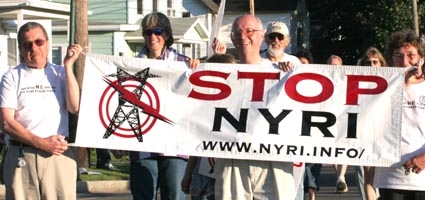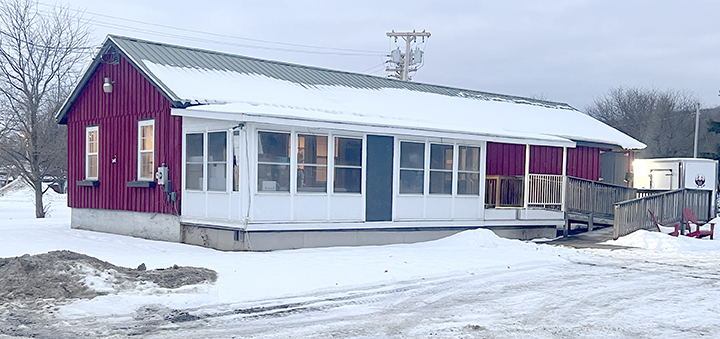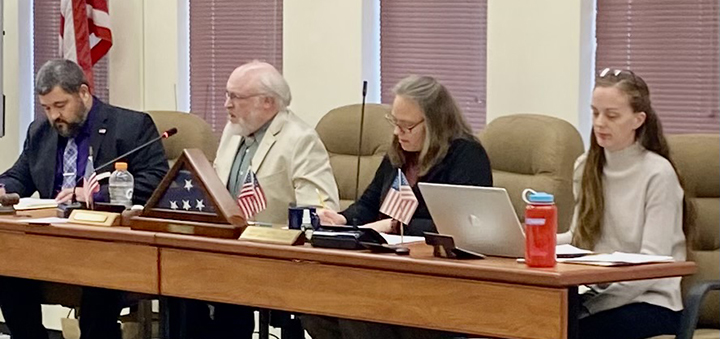Who will foot the bill for NYRI?
WASHINGTON, D.C. – The application to build a 190-mile electric transmission line through upstate New York has yet to be approved, but that has not stopped the Federal Energy Regulatory Commission from conditionally granting incentives for the project.
New York Regional Interconnect’s Article VII application has just begun the year-long review process, but a controversial decision by the FERC Thursday could mean New York State taxpayers would end up picking up the tab for the project, which the company currently estimates at close to $2.1 billion.
According to a press statement issued by the FERC regarding the decision, the commission’s conditional approval of a guaranteed 2.75 percent return on equity (ROE) in addition to the company’s earnings is “intended to enable NYRI to attract investment necessary to develop the project.”
“FERC recognizes the need for and promotes greater investment in energy infrastructure to strengthen and improve reliability of the transmission grid,” said FERC Chairman Joseph T. Kelliher.
The commission’s ruling was made in response to a petition filed by NYRI earlier this year requesting incentive rates established by the Energy Policy Act of 2005 designed to encourage construction for new transmission infrastructure.
According to the document, the specific incentives granted are for NYRI’s planned participation in the New York Independent Operator System, creating an independent transmission company and combining transmission and advanced technology.











Comments